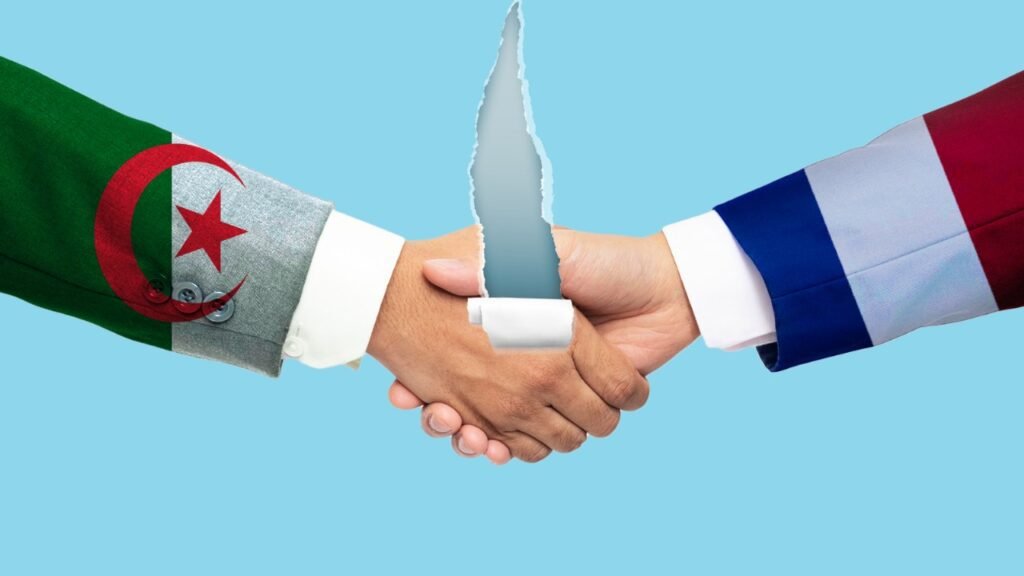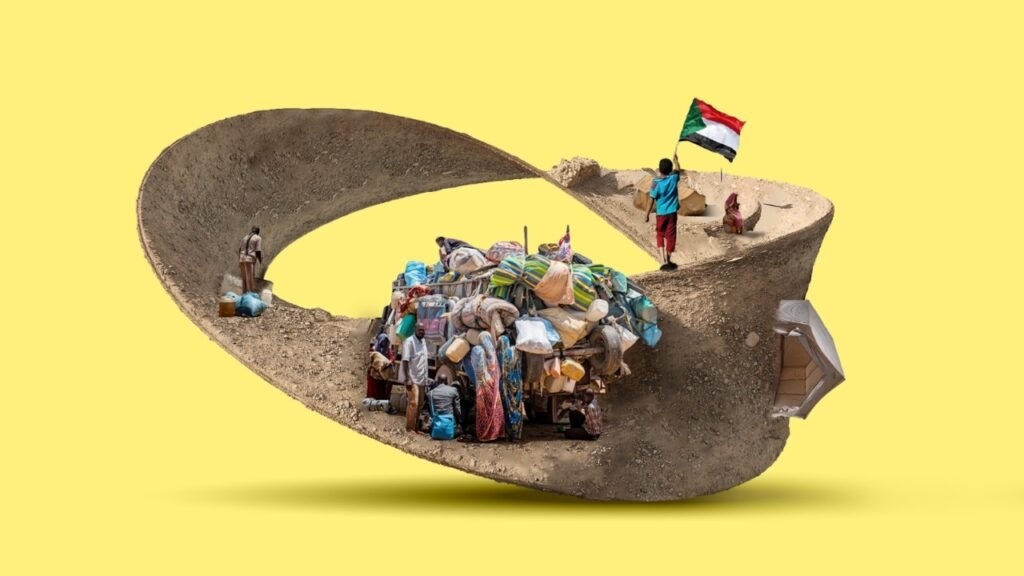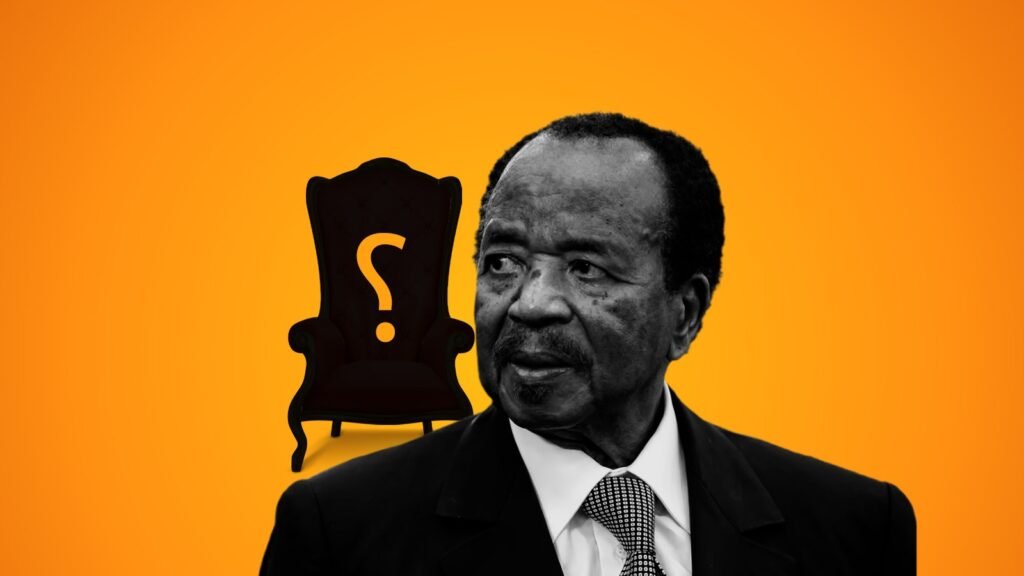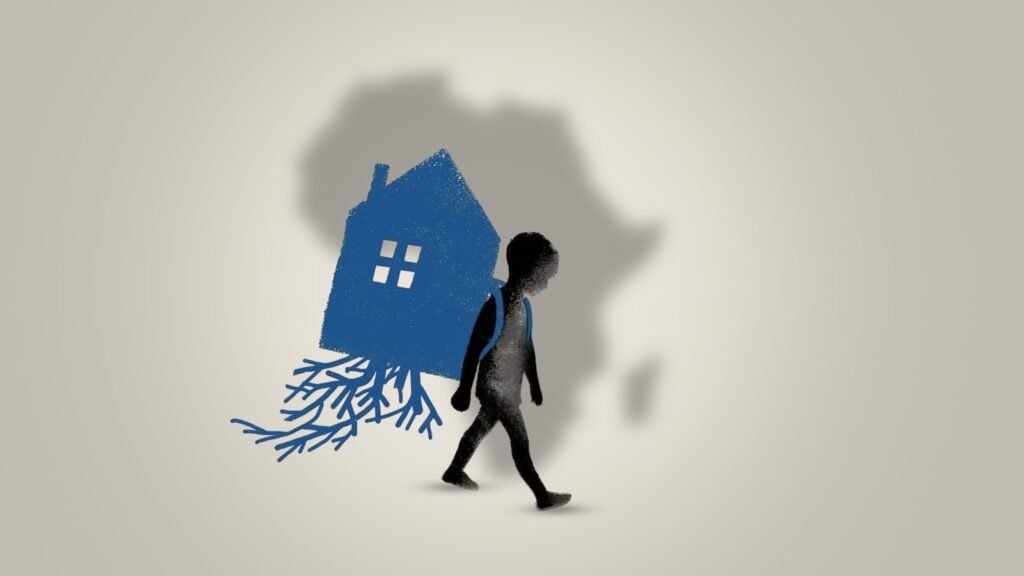The recent visit of Kurdish separatist activists to the Tindouf camps, controlled by the Polisario Front under Algerian jurisdiction, has raised serious geopolitical concerns. These activists, who advocate for an independent Kurdistan and are associated with groups like the YPG militia and the Kurdistan Workers’ Party (PKK), reportedly displayed flags of both the self-proclaimed Sahrawi Arab Democratic Republic and the “Autonomous Administration of North and East Syria” (Rojava) during their stay. This symbolic act, carried out under Algerian oversight, has been interpreted as a calculated political maneuver with broader implications for regional stability.
The presence of Kurdish separatists in Tindouf has been perceived as a deliberate message to Turkey and Syria, nations that face ongoing challenges from Kurdish armed movements. Turkey, in particular, views the PKK and YPG as terrorist organizations and actively combats them through military campaigns in Syria and Iraq. Reports suggesting that these groups used their visit to Tindouf to promote their cause and denounce Turkey’s counter-terrorism efforts have sparked criticism in Turkish media and provoked a response from Algeria.
Algerian Ambassador Amar Belani has categorically denied these claims, labeling them as baseless and affirming Algeria’s commitment to non-interference in the internal affairs of other nations. He underscored the strong bilateral ties between Algeria and Turkey, dismissing any notion that the visit reflected Algeria’s official position. Despite these assurances, the incident has drawn attention to Algeria’s role in fostering alliances with non-state actors and its broader geopolitical ambitions.
Observers argue that Algeria’s actions align with a strategy to strengthen ties among separatist movements worldwide, using ideological solidarity to bolster the Polisario Front’s standing. Experts like Chadi Abdesalam view this alignment as a direct threat to the territorial integrity of states such as Turkey and Syria. By fostering connections with groups like the PKK and YPG, Algeria seeks to mitigate the Polisario’s isolation while framing their activities as part of a larger narrative of self-determination. However, such moves also risk deepening Algeria’s diplomatic isolation and inviting international criticism.
The symbolic raising of the Rojava flag alongside the Polisario’s emblem has drawn attention to the growing intersections between separatist movements across different regions. This act underscores the potential for ideological collaboration among these groups, challenging both regional stability and international norms. Hicham Maati, a strategic affairs researcher, has highlighted how this event reflects a shift in Algeria’s geopolitical strategy, which now seeks to pressure rivals like Turkey, Syria, and Morocco by leveraging separatist alliances. While this approach may serve Algeria’s short-term objectives, it risks long-term consequences, including heightened scrutiny of its foreign policies and increased diplomatic friction.
The hosting of Kurdish separatists in Tindouf also raises critical legal questions regarding Algeria’s adherence to principles of state sovereignty and territorial integrity. By providing a platform for separatist groups, Algeria appears to be undermining the very international norms it claims to support. This inconsistency not only damages Algeria’s international reputation but also exacerbates tensions with states directly affected by separatist activities.
From a broader perspective, the incident highlights the need for stronger coordination among states impacted by separatist movements. Regional powers like Morocco, Turkey, and Syria must collaborate to address the growing convergence of non-state actors and the threats they pose to security and stability. Enhanced diplomatic efforts, alongside coordinated counter-terrorism strategies, are essential to countering the destabilizing influence of separatist movements and ensuring adherence to international norms.
Algeria’s actions in Tindouf reflect a complex interplay of geopolitical ambitions and domestic considerations. While they may offer short-term benefits in terms of bolstering the Polisario’snarrative, they also expose Algeria to significant risks, including diplomatic isolation and heightened international scrutiny, according to experts. Moving forward, it remains to be seen whether Algeria will recalibrate its approach to align more closely with the principles of sovereignty and stability or continue along a path fraught with geopolitical tensions.




